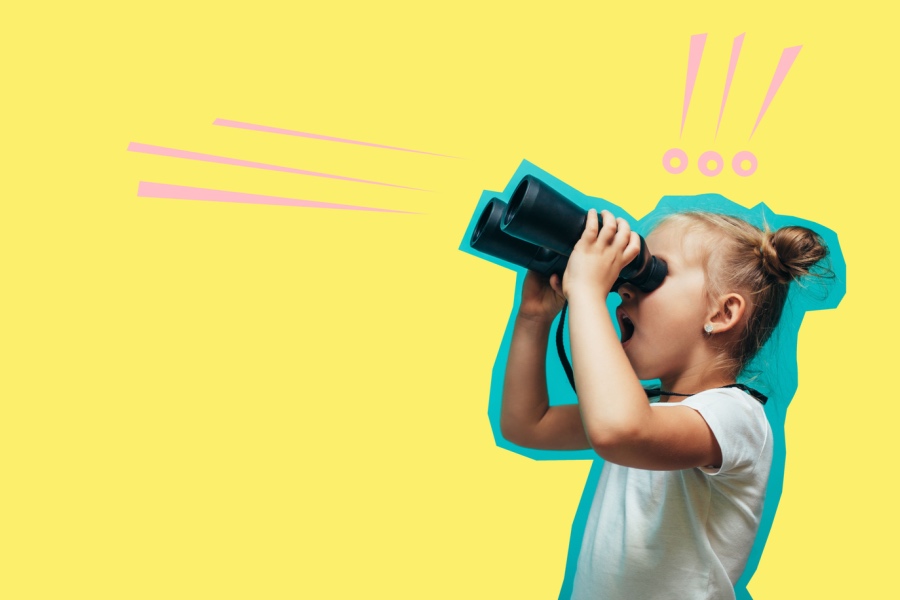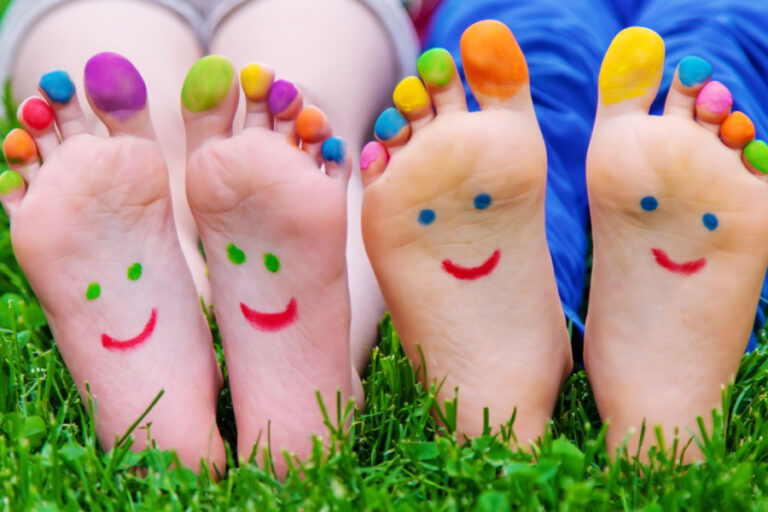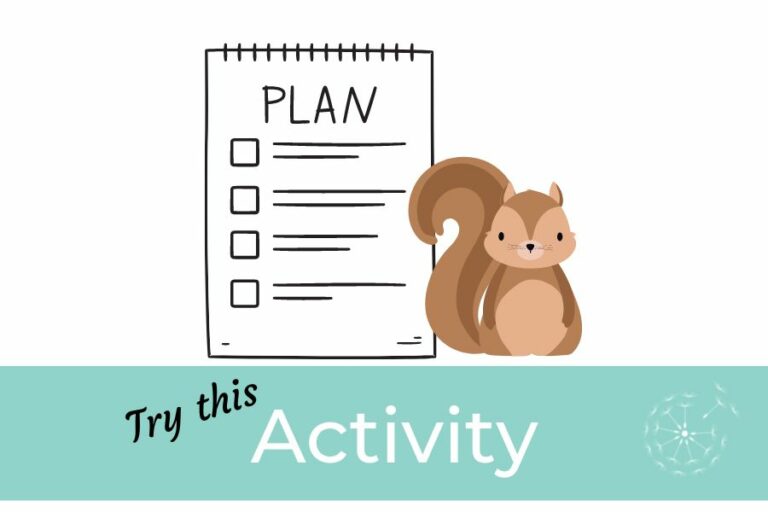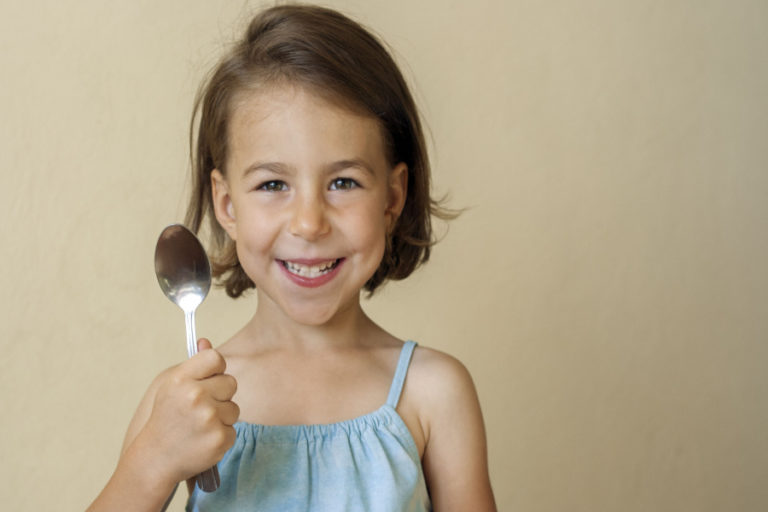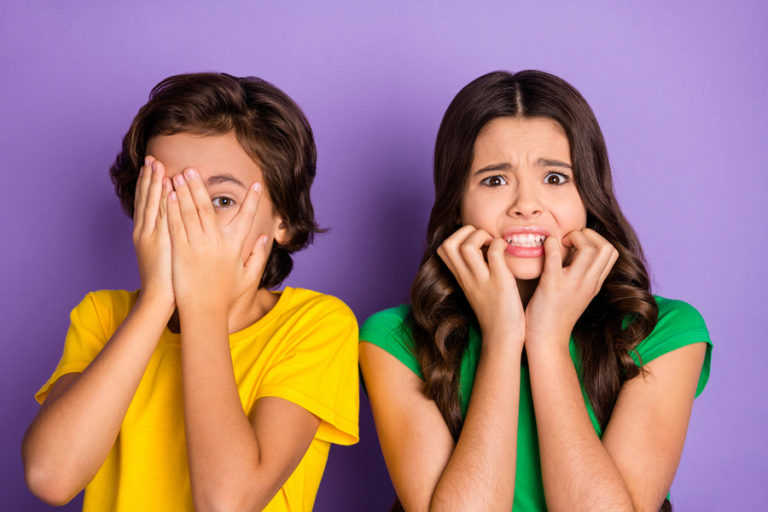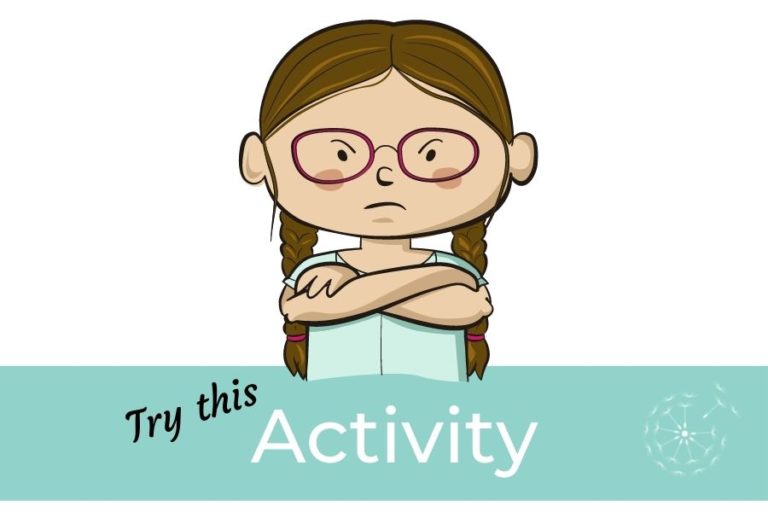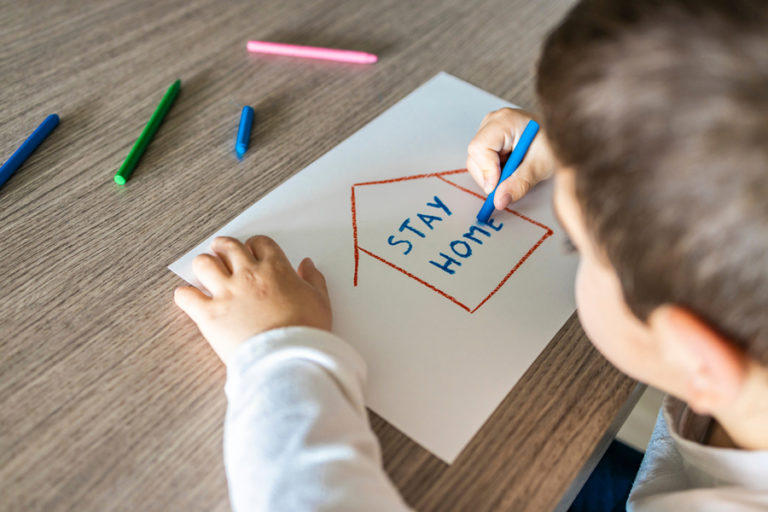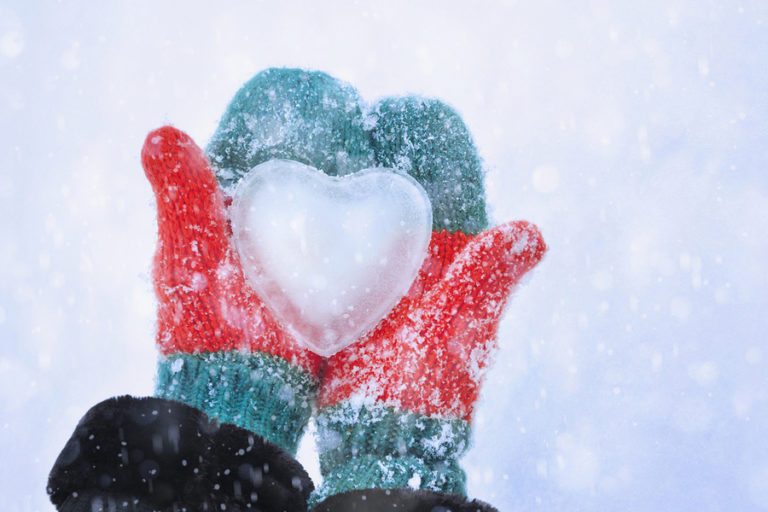Where is your head?
I often have conversations in my coaching and therapy work about where our perspective is and the impact that this has on our mental health and well-being. Depending on where we focus, has a significant impact on our thoughts and feelings. If we focus on the PAST, we can find ourselves focussed on regrets, ruminating, […]
Where is your head? Read More »

